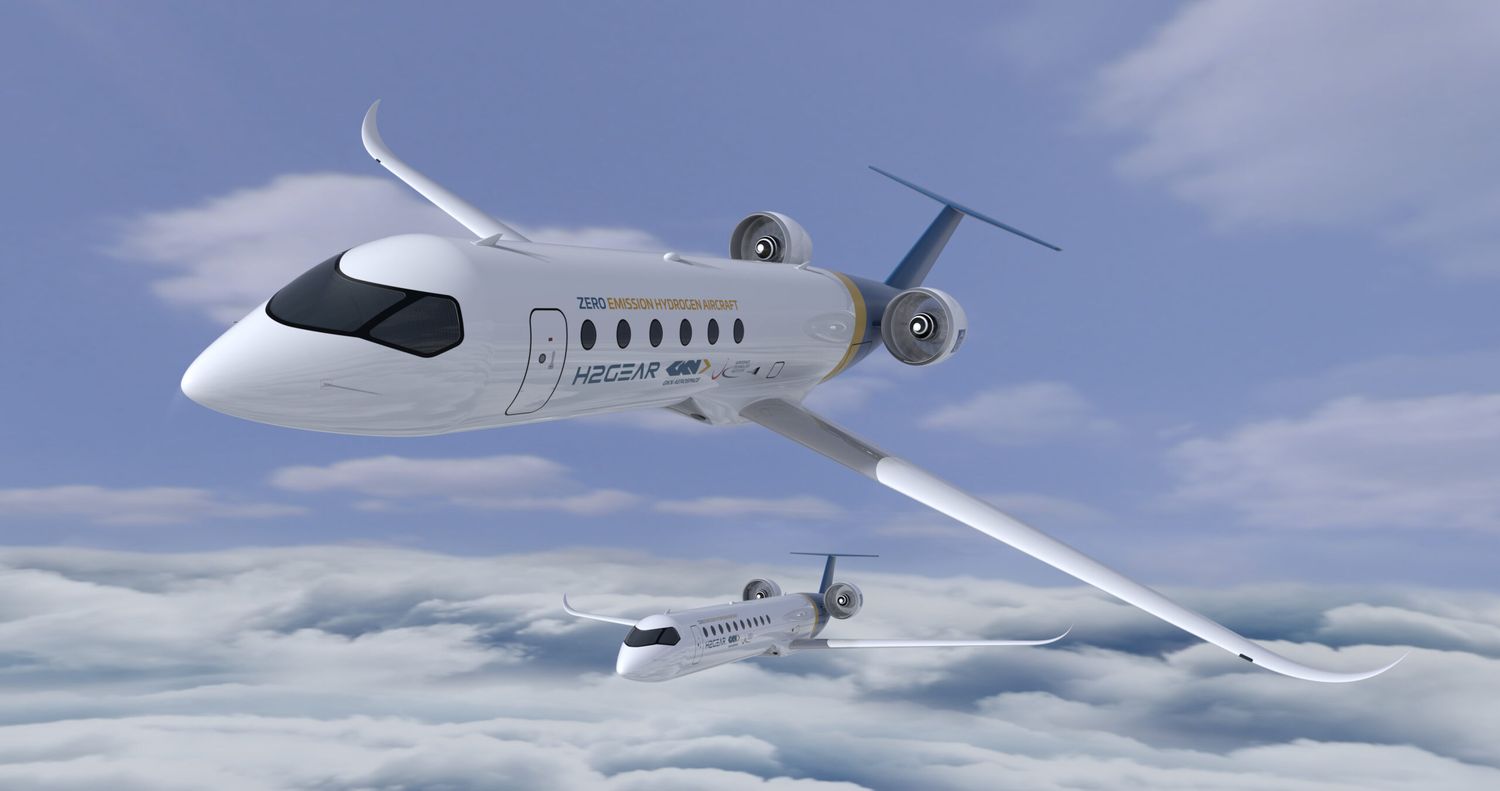The low-cost airline , easyJet, announced a partnership with a leading aerospace technology provider to reduce pollution from airline operations by adopting hydrogen as an alternative to fossil fuels, among other things.
«easyJet will support the development of GKN Aerospace’s hydrogen combustion (H2JET) and hydrogen fuel cell (H2GEAR) technology, including exploring in-flight demonstration options, as part of the airline’s ambition to decarbonize aviation. Among other things, easyJet will provide information on operational requirements and economics,» says a statement issued by GKN.
Through the H2GEAR program, led by GKN and with a budget of 27 million pounds, the aim is to develop a liquid hydrogen propulsion system for small aircraft, initially, and then move on to larger models. If realized, it could become a zero-emission solution for flights.
For its part, Sweden’s H2JET program is fostering collaboration to advance the development of key subsystems for gas turbine-based hydrogen propulsion for medium-range commercial aircraft.
David Morgan, easyJet’s Director of Flight Operations, said, «At easyJet we are committed to working towards a zero-carbon future. We know that technology is a key factor in achieving our decarbonization goals, and hydrogen propulsion is one of the best options for short-haul airlines like easyJet. Cross-industry partnerships are key to developing these promising new technologies and we look forward to collaborating with GKN Aerospace to support the maturation of this technology as soon as possible.»
At the end of 2021, the UK airline signed up for the United Nations Race to Zero campaign, which aims to achieve net-zero emissions by 2050.
Max Brown, vice president of technology at GKN Aerospace, said that at the company «sustainability is at the heart of our business. Hydrogen-powered aircraft offer a clear route to keeping the world connected, with dramatically cleaner skies. The UK is at the forefront of this technology. We look forward to working with easyJet and our partners to develop and industrialize innovative technology to enable flying with CO2-free aircraft.»
In addition to the collaboration with GKN Aerospace, easyJet is working with other companies in the industry such as Airbus, Rolls-Royce, Cranfield Aerospace Solutions and Wright Electric, to accelerate the development of zero-carbon technologies and the supporting infrastructure needed to bring them to market.
See also: easyJet to launch seven new routes for the summer season


Comentarios
Para comentar, debés estar registrado
Por favor, iniciá sesión